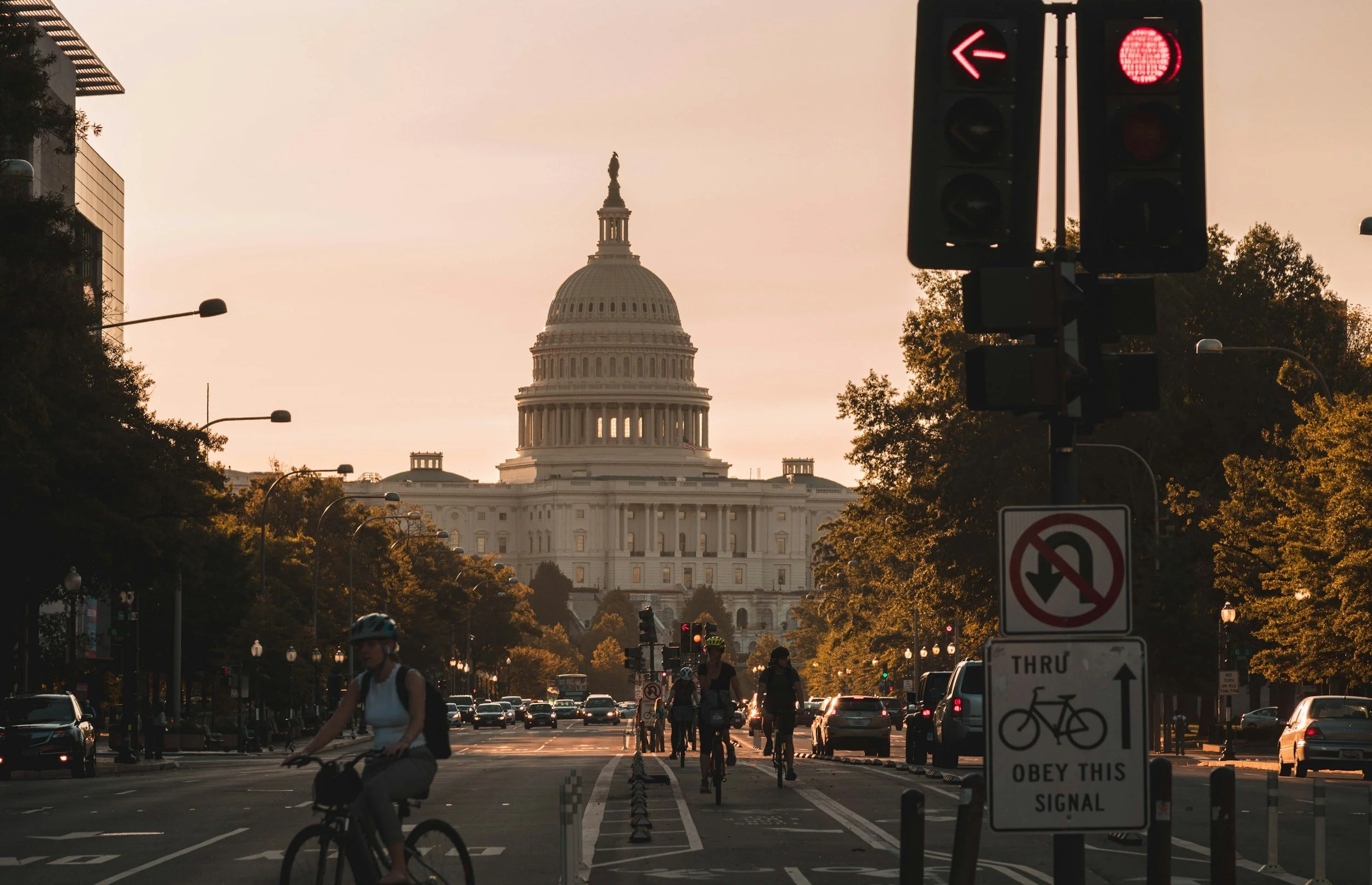The importance of transparent information in crisis and conflict
The role of responsible journalism has never been more critical. This is particularly true during times of crisis and conflict, where the stakes are high and public sentiment is volatile. Transparent sourcing and fact-checked reporting are not just journalistic best practices; they are moral imperatives that can shape the course of events and influence public opinion.
When a crisis unfolds, people are desperate for information. They turn to news outlets and social media platforms to understand what's happening, how it affects them, and what they can do. In such situations, the dissemination of inaccurate or misleading information can have dire consequences. It can incite panic, fuel animosity, and even put lives at risk. Therefore, it is crucial for media organizations to adhere to rigorous standards of fact-checking and to be transparent about their sources. This not only builds trust but also ensures that the public is making decisions based on accurate information.
However, the responsibility doesn't lie solely with traditional media. Social media platforms, which often serve as primary news sources for many, must also prioritize transparent sourcing and fact-checking. Algorithms that promote sensational but unverified stories contribute to the problem. These platforms have a duty to flag or remove content that hasn't been adequately vetted, especially during times of crisis. By doing so, they can play a vital role in maintaining social stability and public safety.
Transparent sourcing and fact-checked reporting are not optional but essential, particularly in challenging times. Both traditional media and social media platforms must commit to these principles. The integrity of our information ecosystem depends on it, and so does the well-being of society at large.



